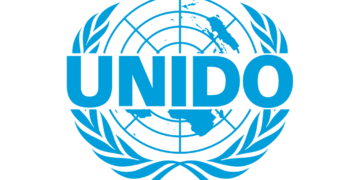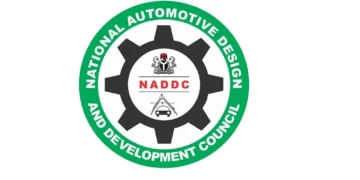The Africa Network for Environment and Economic Justice (ANEEJ), has congratulated the Federal Government for the country’s delisting from the Financial Action Task Force (FATF) Grey List, describing the achievement as a triumph of national collaboration and institutional reform.
In a statement issued yesterday in Abuja by the executive director of ANEEJ Rev David Ugolor, it lauded President Bola Ahmed Tinubu, the Nigerian Financial Intelligence Unit (NFIU), and members of the Anti-Money Laundering and Countering the Financing of Terrorism (AML/CFT) community for their steadfast leadership, coordination, and commitment to compliance with global financial integrity standards.
Ugolor noted that Nigeria’s delisting from the FATF Grey List is a defining moment that reflects our collective will to build a transparent, resilient, and credible financial system.
He described the move as a product of partnership, reform, and determination across government, civil society, and development partners.
He further acknowledged that Nigeria’s journey to this success was strengthened by multi-stakeholder collaboration involving government institutions, regulators, professional bodies, and civil society actors.
“These collaborative efforts helped deepen understanding, improve compliance culture, and reinforce Nigeria’s readiness for the FATF review process,” he said.
While celebrating this achievement, ANEEJ emphasized that exiting the FATF Grey List marks a new beginning rather than an end. The organization called on all stakeholders to sustain reform momentum, enhance coordination, and ensure full implementation of legal and institutional frameworks across all sectors.
“We must continue to consolidate the progress made and ensure that these reforms are fully embedded into our national systems. This is how we prevent regression and build global confidence in Nigeria’s governance and financial integrity,” he added.
ANEEJ reaffirmed its commitment to supporting Nigeria’s anti-corruption and financial transparency agenda through evidence-based advocacy, stakeholder engagement, and partnership with reform-oriented agencies and international allies.




